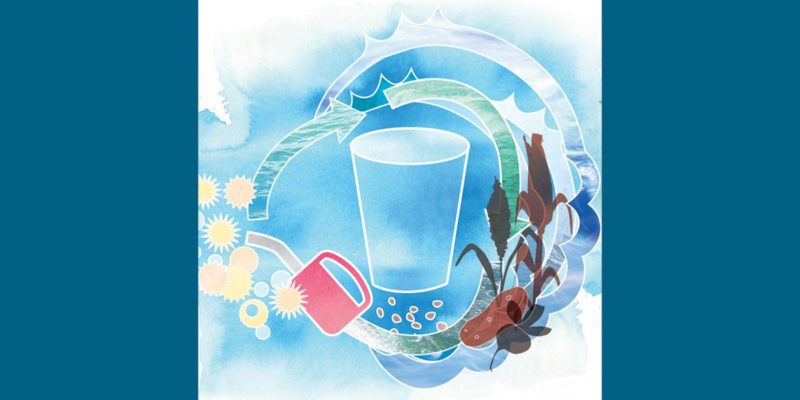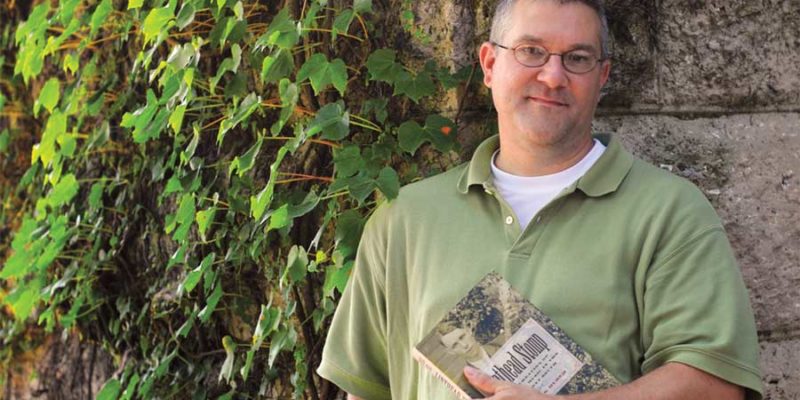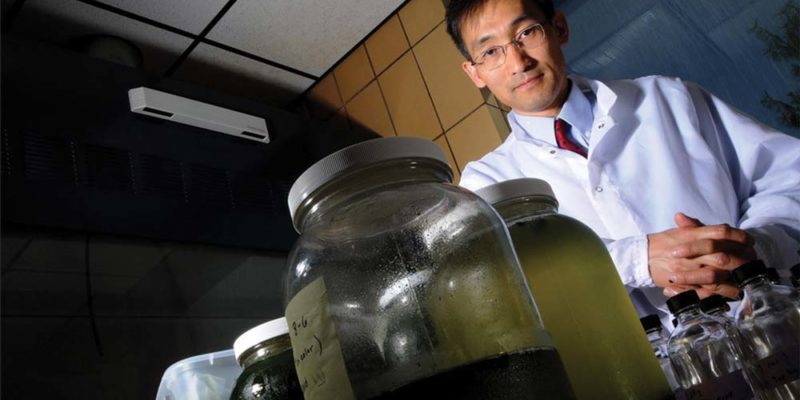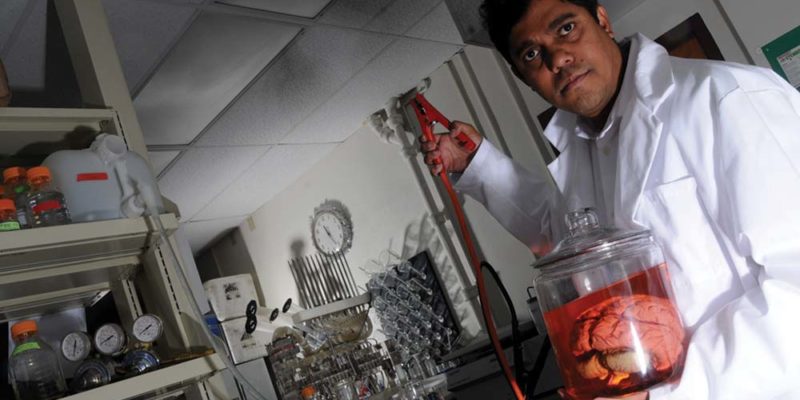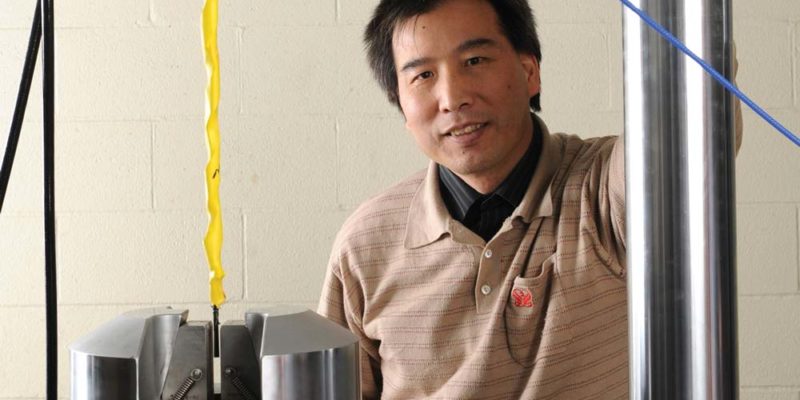Research
Ethanol production: a ‘drink-or-drive’ issue
Federal requirements to increase the production of ethanol have developed into a “drink-or-drive” issue in the Midwest as a result of biofuel production’s impact on water supplies and water quality, says Joel Burken, professor of environmental engineering at Missouri S&T, in the May 1 issue of the journal Environmental Science & Technology.
Read More »Another band of brothers
Despite the stirring portrayal in Band of Brothers, Easy Company of the 101st Airborne Division was not the first to enter Adolf Hitler’s Berchtesgaden mountain retreat near the end of World War II, says military historian John C. McManus in his latest book.
Read More »Country music, city roots
A fan of country music since childhood, Patrick Huber, associate professor of history and political science, asserts in his latest book that the origins of the genre in the South lie not in rural communities as previously believed, but in cities and towns. His book, Linthead Stomp: The Creation of Country Music in the Piedmont […]
Read More »The hunt for household hazards
Many researchers believe the air inside your home can be more hazardous to your health than the smog and other environmental pollutants you are exposed to outside, says Jon McKinney, a junior in environmental engineering at Missouri S&T.
Read More »Underwater wi-fi
The same acoustic waves that dolphins and whales use to communicate when they’re thousands of miles apart can be used by humans to transmit information wirelessly, says Rosa Zheng, assistant professor of electrical and computer engineering at Missouri S&T.
Read More »Uncovering a mobster’s human side
He was a notorious mobster and killer, but Benjamin “Bugsy” Siegel was also an affectionate father and a charming ladies’ man, says Amanda Kamps, a senior in history at Missouri S&T.
Read More »Saving the world with green slime
Several glass containers filled with algae-stained water sit on a table in Paul Nam’s laboratory. Next to the big green bottles are two much smaller vials. One of the vials, labeled “biodiesel,” contains a mostly clear solution labeled “algae oil.”
Read More »This is your grid on brains
Using thousands of brain cells from laboratory rats, S&T researchers hope to design a more intelligent power grid. They envision a more flexible system that can respond to uncertainty and circumstances – much like the brain itself.
Read More »Sensing something wrong with structures
Using a newly patented sensor system, engineers will be able to measure structural damage to bridges and buildings following an earthquake.
Read More »A free-wheeling solution to poverty
Pearl millet, a hardy grain that is abundant in even the harshest regions of Africa and India, is a staple for many of the world’s poorest people. But removing the edible seed from the chaff is hard work. Traditional threshing techniques usually involve women pounding the plant with mortar and pestle.
Read More »